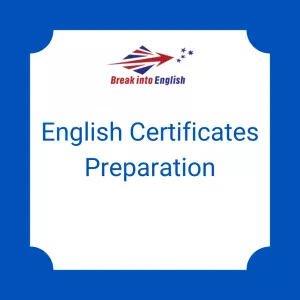Many learners complain that grammar is taught in an impractical and uncommunicative way, so let’s now work on some grammar in use and learn how to give advice in English with different grammatical structures in real life situations.
SHOULD / OUGHT TO
Both of these modal verbs are used for giving or requesting advice, but “should” is much more frequently used (especially in the negative and interrogative forms).
You should give up smoking soon. = You ought to give up smoking soon.
You shouldn’t express your opinion here.
Should I call the doctor?
HAD BETTER
When some learners see the contracted form “you’d better”, they mistakenly think that it stands for “you would better”. Please remember that ‘d is for “had” in this construction. It is used to give advice and recommendations:
You’d better do it today because the deadline is approaching.
If you don’t want to sound too direct when giving advice to someone, use a second conditional
sentence:
If I were you, I would enter this university.
If I were in your shoes, I wouldn’t turn down this offer.
TURN ADVICE INTO A QUESTION
Another way to make some piece of advice less direct is to turn it into a question:
Why don’t you read more?
How about another cup of tea?
MAKE A SUGGESTION
Here is yet another way to make your advice less straightforward and more polite:
I recommend going to the cinema tomorrow.
I suggest that you eat more homemade food.
I encourage you to improve your grammar.
As you can see, this method is very close to the second conditional one which we have described
above. However, in this case you don’t add an if-clause to your sentence. Moreover, you don’t
put yourself in someone’s place. You talk about your own ideas and suggestions but in a mild,
thought-provoking way.
MUST
This modal verb is used for giving strong advice (unlike the ones we have seen above):
You must watch this film!
There are some places in the city that you must see!
Use “must” when talking to your friends and relatives because it may sound rude in certain more formal contexts. Opt for “should” or “ought to” if you need to give more neutral advice.
To sum up what has been written in this post on how to give advice in English, we recommend that you watch this short video: https://www.youtube.com/watch?v=7cpZ7mGj0Xg
On a final note, we advise you to stick to the three following constructions when using the verbs “recommend”, “suggest”, or “propose”:
Recommend + doing sth. / that you do sth. / you do sth.
Suggest + doing sth. / that you do sth. / you do sth.
Propose + ding sth. / that you do sth. / you do sth.
Examples:
I suggest that you water the flowers.
I recommend watering the flowers.
I propose you water the flowers.
With the verbs “advise”, “urge”, or “encourage”, you can add a fourth construction:
Advise/Urge/Encourage + you to so sth.
Example:
I advise/urge/recommend you to submit the report by tomorrow.
There you go! Now you know everything about how to give advice in English in real life situations. We hope this advice will be helpful in your future conversations with English speakers!
Kate, English teacher at Break Into English




